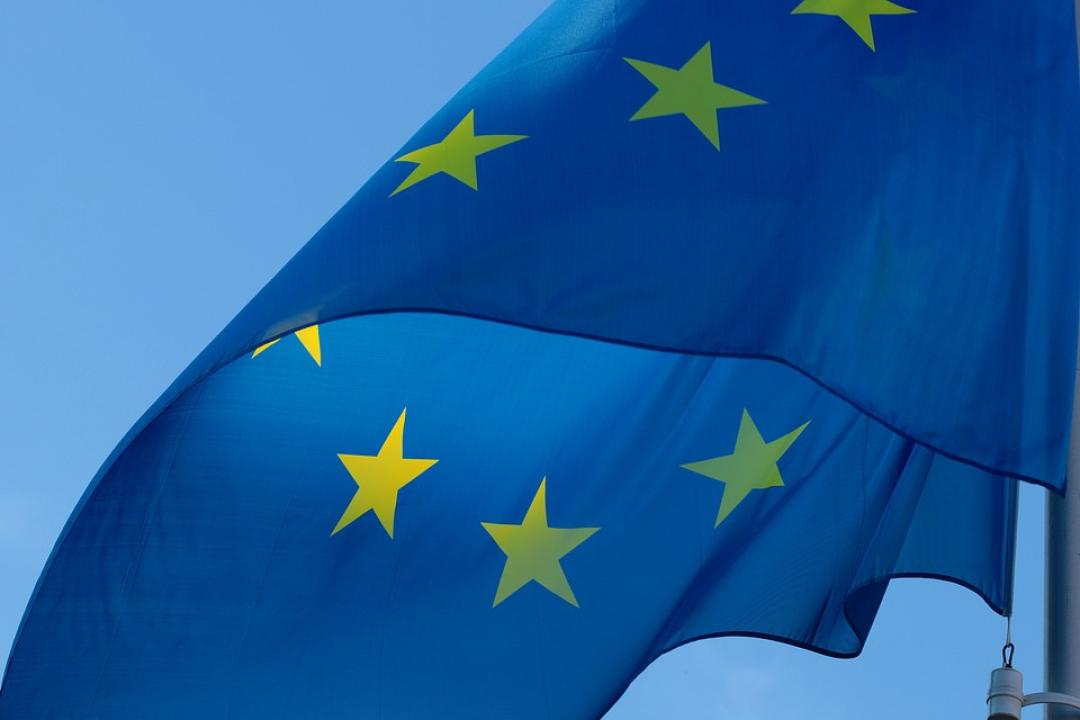
The EU and the Search for a New Vision in the South Caucasus

The EU needs a more vigorous strategy in the South Caucasus. Since the region has seen a series of fundamental changes over the past few years, a different EU approach is welcome to be fully commensurate with the existing challenges to the peace and developments of the South Caucasus.
The second Nagorno-Karabakh war, Turkey’s growing influence in the South Caucasus, and Russia’s attempts to isolate the West from the region have produced a different reality where the EU risks being isolated.
This follows an already widespread dilemmas regarding the EU’s expansion eastward. There have been large differences between the visions of further European integration among the Eastern Partnership states (EaP) on the one hand and the EU member states on the other. Since no membership was offered to the EaP’s most pro-Western states – Georgia, Ukraine, and Moldova – there are fears of what EaP could actually offer in the end.
Initially it was expected to be the eastern enlargement of the EU. However, this transformed into an issue as the constant postponements of EU enlargement could increase frustration among EaP states. This is especially the case with Georgia where support for EU membership is still high, but anti-Western sentiments are gradually on the rise in the form of emerging illiberal parties which aspire to building closer ties with Russia.
Looking at the problem from a larger perspective, there are geopolitical reasons which undermine the EaP’s potential success. As the EU’s relations with Russia remain strained over Moscow’s annexation of Crimea and the war in eastern Ukraine, many in Brussels think that the EU enlargement into the South Caucasus and Ukraine could further undermine an already worsened security situation by provoking Russia into more aggressive actions. While the debate over whether this thinking actually brings positive results, the fact remains that Brussels is hesitant to make a major move.
To address these internal troubles in the EaP and wider geopolitical challenges, the EU must re-engage the wider Black Sea region and the South Caucasus with a set of specific policies aimed at improving the regional infrastructure and economic potential. Last but not least, EU can contribute to the nascent peace efforts in the region between Armenia and Azerbaijan.
Though the EaP experiences troubles on the ideological, leadership and geopolitical levels, the fate of the initiative is not absolute. It is true that the likelihood of South Caucasus states becoming EU members remain quite low in the coming years, but the EaP can contribute to the opening of the South Caucasus guaranteeing that the region does not fall under influence of one regional power.
Throughout the 2020s geopolitical hurdles for the EaP will remain more or less the same as the initiative has already faced. Russia’s continuous military and economic aid to the separatist territories in Georgia, Moldova, and Ukraine will limit these states’ ability to maneuver and associate closer with the EU. As explained above, amid economic and political troubles in the EU, Brussels will remain hesitant to up the ante of competition with Moscow over the borderland territories.
Considering that there are no concrete prospects for EU membership soon, the most realistic partnership with Brussels will likely be a larger sectoral cooperation. This means that EaP’s future initiatives should be more focused on resolving the region’s economic and social problems.
But the most critical area where the EU and its various initiative could make a real difference is the promotion of infrastructure in the South Caucasus. Development of critical road, port, and railway infrastructure will have far greater influence on the geopolitics of the region than other single aspect of bilateral cooperation. As the latest summit in Brussels between Aliyev and Pashinyan showed, the EU could play a positive role in the region. During the meeting chaired by Charles Michel “it was agreed to proceed with the restoration of railway lines, with appropriate arrangements for border and customs controls, based on the principle of reciprocity.” The opening of the region would benefit all actors, and this is the area where the EU’s moves would not openly contradict Russia’s position.
The EU could thus further push for east-west connectivity not only through the traditional Georgia route, but also through Armenia. Both ways can be complementary in nature, but what matters in the long term is that an open South Caucasus will be posing limits on Moscow’s power projection. Essentially, what the EU could do is to diversify the region’s links, therefore underpin its shifting borders.
Thus, despite all the criticism aimed at the EU, its various initiatives nevertheless managed to achieve notable success in several areas. Economy is one of them. Over the past decade or so Georgia and some other EaP states’ trade has already shifted to the EU market at the expense of the Russian economic influence. Some of the EaP members even managed to sign extended European Union Association Agreements (AA) and Deep and Comprehensive Free Trade Agreements (DCFTA), as well as introduce the short-stay visa-waivers.
But what challenges the region presently is facing requires a different range of measures from Brussels. As suggested, emphasis on infrastructure development could be a game-changer amid the uncertainties regarding how EU should be dealing with its enlargement plans.
Contributed by Emil Avdaliani
See Also


From Neorealism to Neoliberalism: Armenia’s Strategic Pivot in Foreign Policy After the Nagorno-Karabakh Conflict

Georgia and Russia: New Turn in Bilateral Relations

3+3 Initiative as a New Order in the South Caucasus

Economic Cooperation Between Armenia and Georgia: Potential and Challenges Ahead

